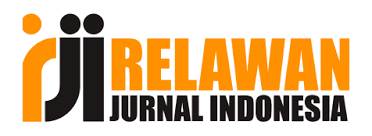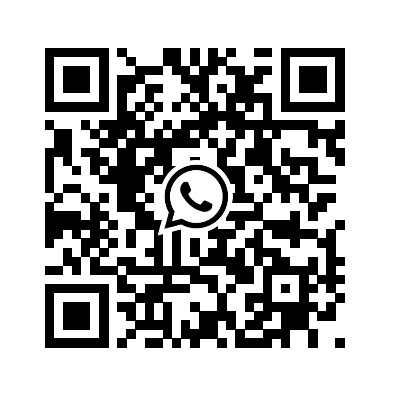Hubungan Antara Self Control Dan Self Esteem Dengan Prokrastinasi Akademik SIswa Suku Banjar Di MAN 1 Banjarmasin
DOI:
https://doi.org/10.56013/jcbkp.v6i2.2347Abstract
Advancementss in the field of science and technology (IPTEK) lead to increasingly intricate changes and developments. Consequently, this evolution gives rise to societal challenges and novel demands that cannot be anticipated in advance. As a result, the educational sector perpetually grapples with issues stemming from the disparity between expectations and the outcomes achievable through the educational process (Muhibin, 2004: 39). The research methodology employed descriptive and correlational techniques to elucidate a research study and explore the association between two variables, X1(self-control) and X2(self-esteem), with Y (academic procrastination). The study encompassed a population of 99 students, with a sample size of 40 students from the Banjar tribe. The results of the correlational test analysis revealed a multiple correlation value of Ryx1x2 = 0.959, with a p-value of 0.000, which is less than 0.05, surpassing the individual correlation values of rx1y = 0.957 (p<0.000) and rx2y = 0.887 (p<0.000). Furthermore, the Fcount value of 214.494, with a p-value of 0.000, was observed to be greater than the critical Ftable value (F0.05(2)(40) = 3.23). Consequently, the hypothesis positing no relationship between self-control and self-esteem, in conjunction with academic procrastination among Banjar ethnic students, was rejected. This implies that there indeed exists a correlation between self-control and self-esteem, in tandem with academic procrastination, among Banjar ethnic students
Keywords: Self control;Self esteem;Procastination















